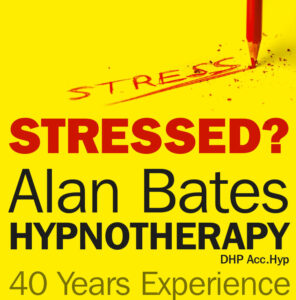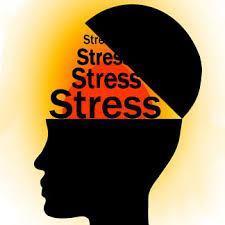Stress Anxiety Phobia
Your mental health and wellbeing is most important to enable you to function in your day to day life. Stress and anxiety (S & A) plays a part in all of our lives but depending on how you personally deal with it, it can make you seriously ill. In all cases the first port of call is your General Practitioner. Your Doctor will be able to point you in the right direction towards the treatment that is most suitable for your illness and confirm that there is nothing more serious that you are unaware of.

Your S & A may be a culmination of events leading you to a psychological breakdown or you may be experiencing a chemical imbalance in the brain or a mixture of the two. Either way with the proper diagnosis you will be able receive the correct treatment which will put you back on the road to recovery.
The UK National Health Service have a good calculator that may be viewed at https://www.nhs.uk/Tools/Pages/Mood-self-assessment.aspx This is a good free tool and may well be worth an evaluation.
There are many causes of S & A that if not treated can spiral out of control and may cause problems including loss of relationship, job, friends and can in some cases end in death.
Anxiety can have both psychological and physical symptoms. Psychological symptoms can include:
• feeling worried or uneasy a lot of the time
• having difficulty sleeping, which makes you feel tired
• not being able to concentrate
• being irritable
• being extra alert
• feeling on edge or not being able to relax
• needing frequent reassurance from other people
• feeling tearful

When you’re feeling anxious or stressed, your body releases stress hormones, such as adrenaline and cortisol. These cause the physical symptoms of anxiety, such as an increased heart rate and increased sweating.
Every human being is different and we all have our own coping methods in dealing with a bad day. Loneliness, sadness, emotional abuse, hormonal change, financial troubles, loss of self-esteem, a loss of self-worth are just a few reasons why one may spiral into a downward abyss but please, always remember that help is out there in many forms.
A little bit of anxiety can be helpful; for example, feeling anxious before an exam might make you more alert and improve your performance. But too much anxiety could make you tired and unable to concentrate and function properly.
Sometimes a mind re-boot is required in order to perceive life in a different view. Hypnotherapy can go some way to help you psychologically get better and I have been running workshops, stress sessions and one to one therapy for many, many years and very often with excellent results. I hope that by reading this information on my site it may help you and go some way in turning your life around.
PHOBIA
The Wikipedia dictionary describes a phobia as;
A type of anxiety disorder, defined by a persistent fear of an object or situation. The phobia typically results in a rapid onset of fear and is present for more than six months. The affected person will go to great lengths to avoid the situation or object, typically to a degree greater than the actual danger posed. If the feared object or situation cannot be avoided, the affected person will have significant distress. With blood or injury phobia, fainting may occur. Agoraphobia is often associated with panic attacks.
My experience tells me that the majority of phobias are created during childhood and continue to manifest throughout life. It is interesting to note that what would scare a child would not scare an adult but this is exactly what is happening.

Phobias can be divided into specific phobias, for example social phobia, and agoraphobia. Types of specific phobias include those to certain animals, natural environment situations, blood or injury, and specific situations. My clients’ most common phobias are, but not limited to; fear of spiders, snakes and reptiles, birds, heights, blood and needles, cockroaches, flying, claustrophobia and social anxiety. Occasionally they are triggered by a negative experience with the object or situation. Social phobia is when the situation is feared as the person is worried about others judging them. Agoraphobia is when fear of a situation occurs because it is felt that escape would not be possible.
There are phobias that may appear to you as totally bizarre but to the afflicted it may be deeply disturbing, for example I once had a chef that came to see me with a big fear of cheese, now obviously virtue of the fact he was a chef this was very debilitating. Among other strange phobias I have successfully dealt with are king prawns, passion fruit and oranges.
Specific phobias maybe treated with exposure therapy where the person is introduced to the situation or object in question until the fear resolves. Medications are not useful in this type of phobia. Social phobia and agoraphobia are often treated with a combination of hypnotherapy counselling and medication.
The extracts from my TV shows below will give you my working examples of relief from just a few phobias that I have treated.
